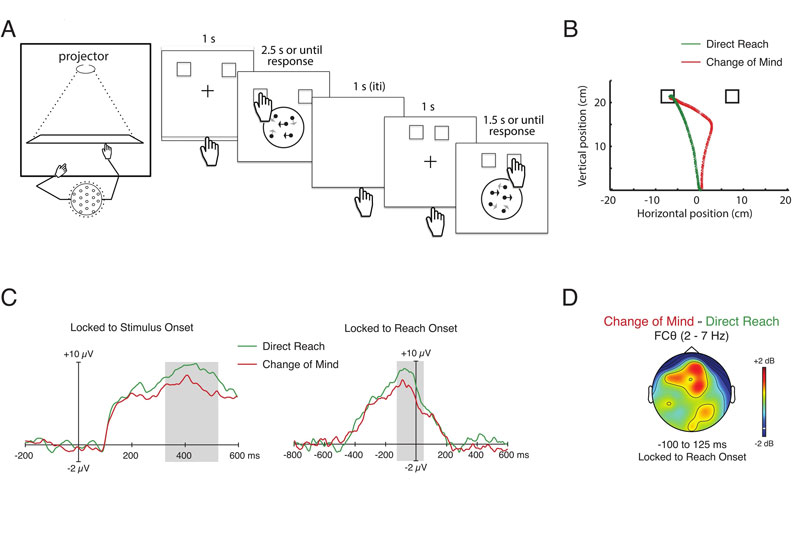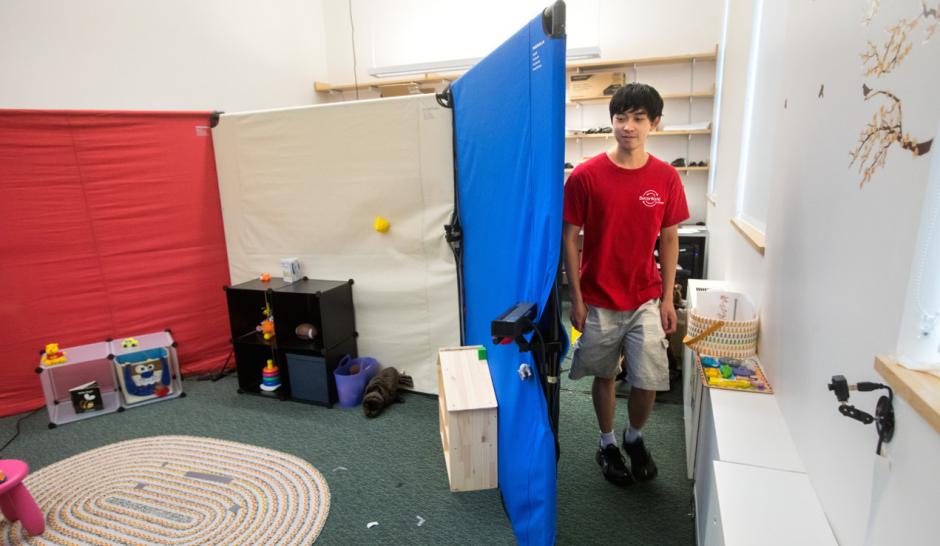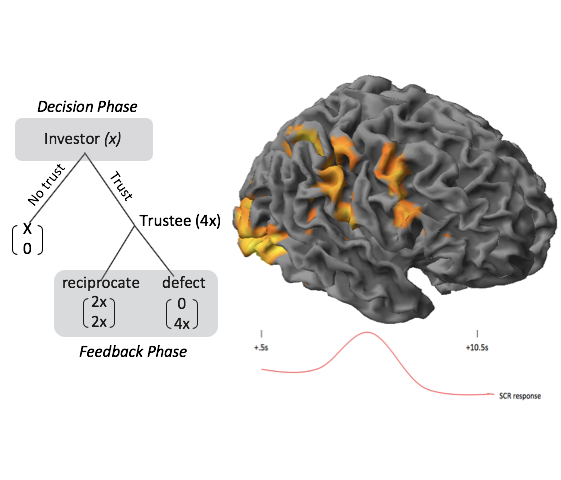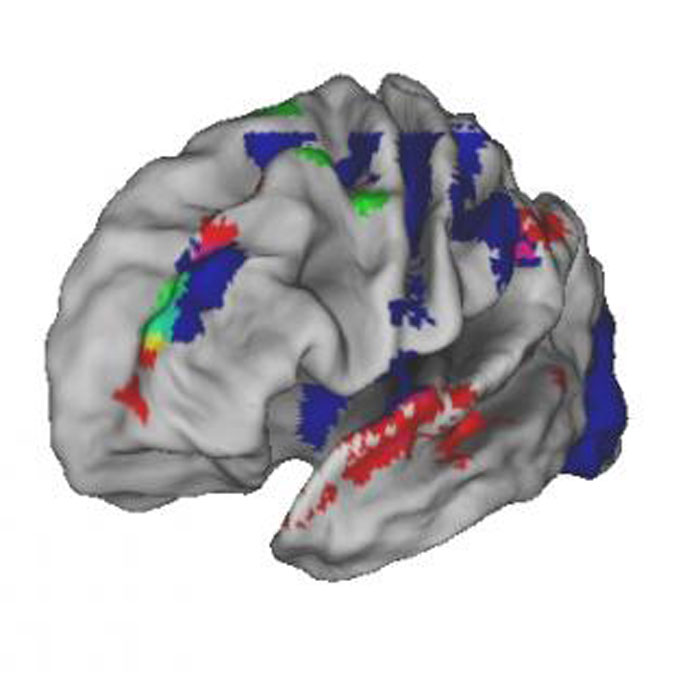Building on strengths in cognitive neuroscience and psychology, the Carney Institute for Brain Science’s study of cognition and behavior advances knowledge about the “outputs” of brain activity. Strengths include vision research, computational approaches to the study of cognition, study of the frontal lobe (what makes us human), decision making, and cognitive control. This theme serves as a vital linkage connecting knowledge of cell and circuit function to human behavior in health and disease. Key clinical applications of work under this theme include autism, ADHD, and fronto-striatal disorders.
Cognition and Behavior
Research Projects
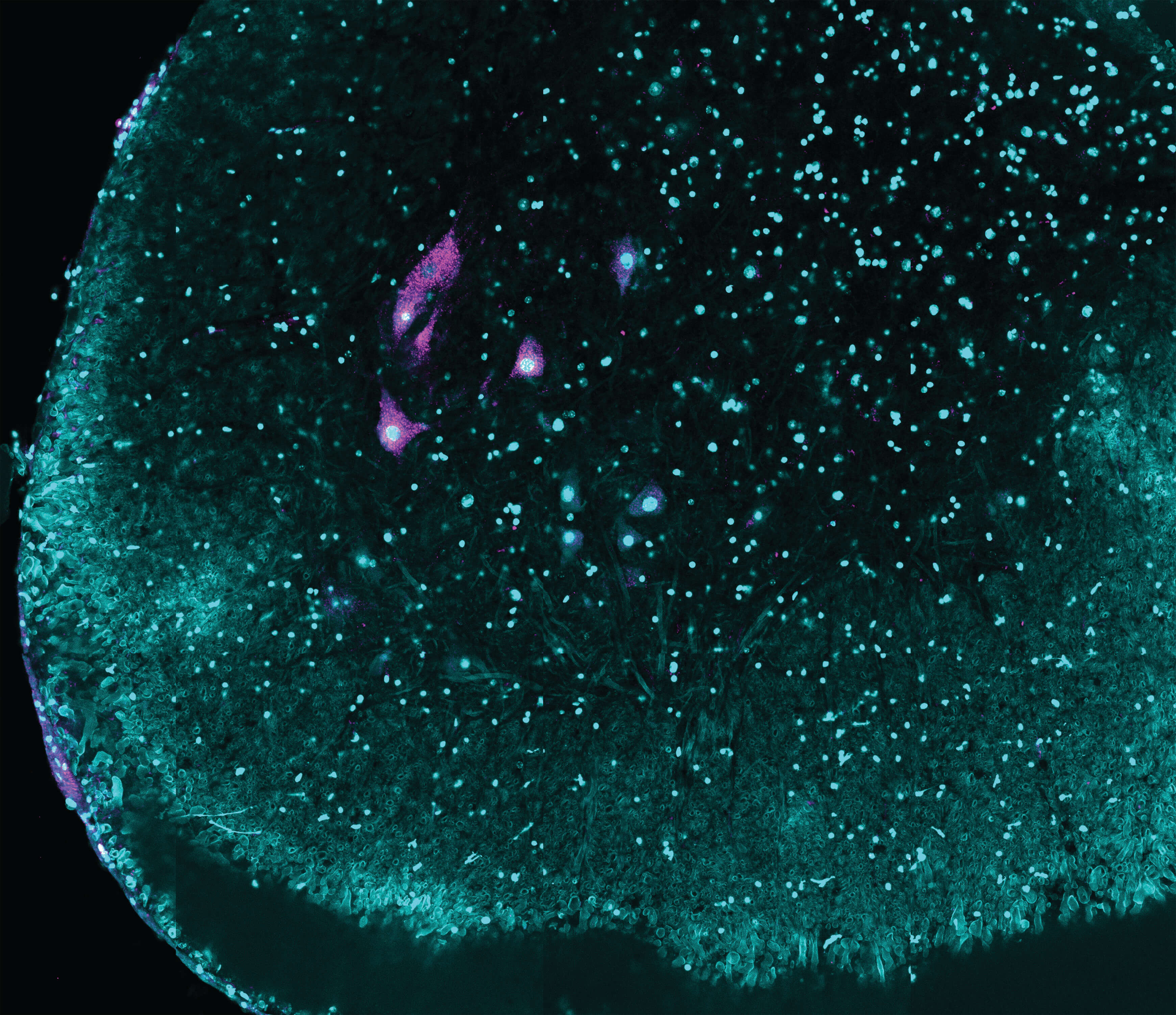
Accelerating identification of cross-species suppressor genes and elucidating early pathophysiology in Amyotrophic Lateral Sclerosis
Cognition and Behavior, Neurobiology of Cells & Circuits
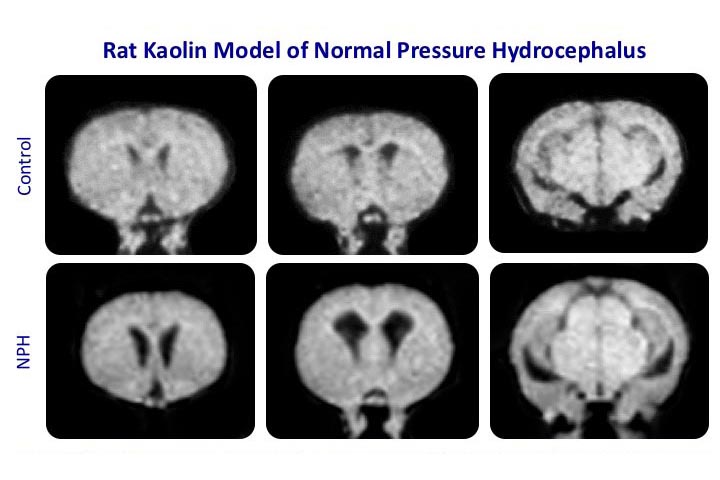
Advanced systems methods applied to understanding and treating cerebrospinal fluid disorders
Cognition and Behavior, Neurobiology of Cells & Circuits, Neuroengineering and Neurotechnology
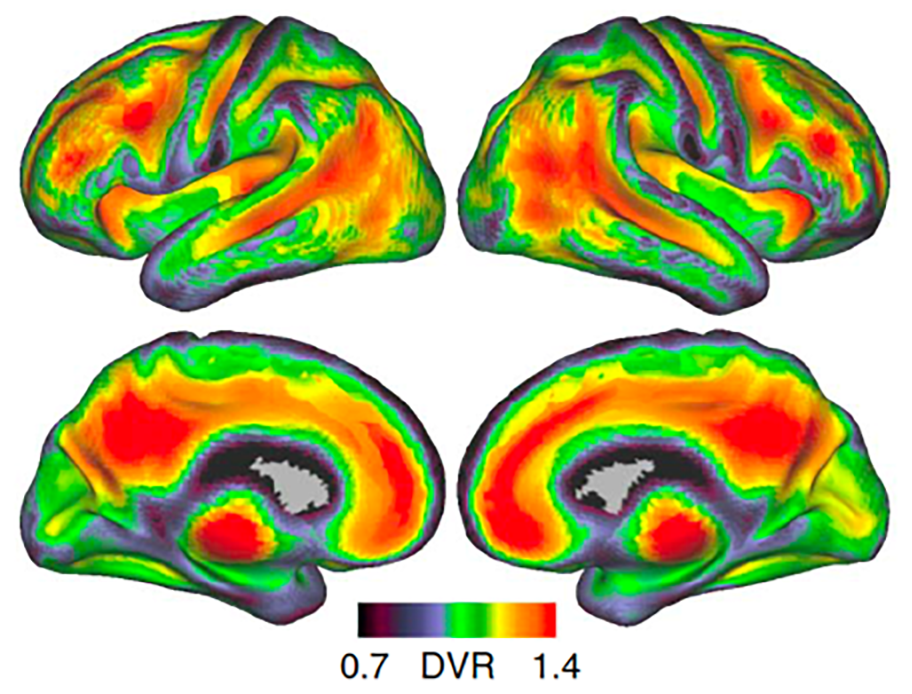
Developing novel cognitive and neuroimaging markers of preclinical Alzheimer’s disease
Alzheimer’s Disease, Cognition and Behavior, Neurobiology of Cells & Circuits

Drug discovery for the prevention and treatment of Alzheimer’s disease
Alzheimer’s Disease, Cognition and Behavior, Neuroengineering and Neurotechnology
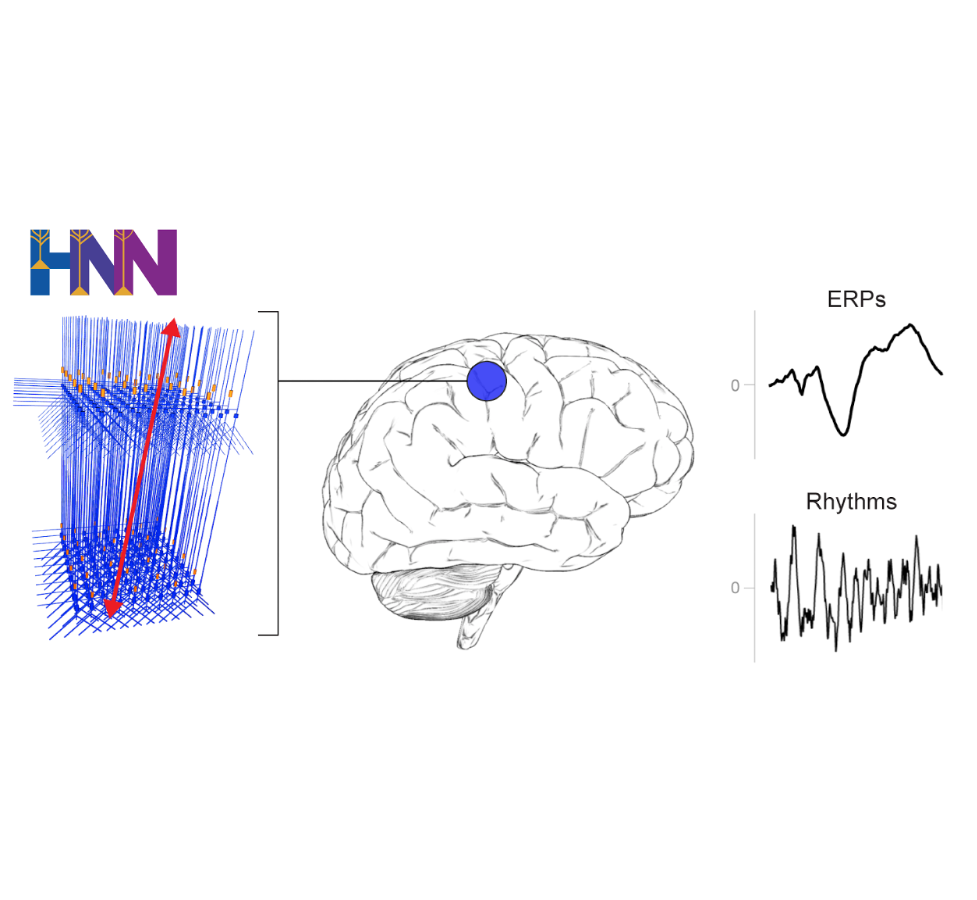
Human Neocortical Neurosolver for circuit-level interpretation of human MEG/EEG
BRAINSTORM, Cognition and Behavior, Computational Brain Science, Neurobiology of Cells & Circuits
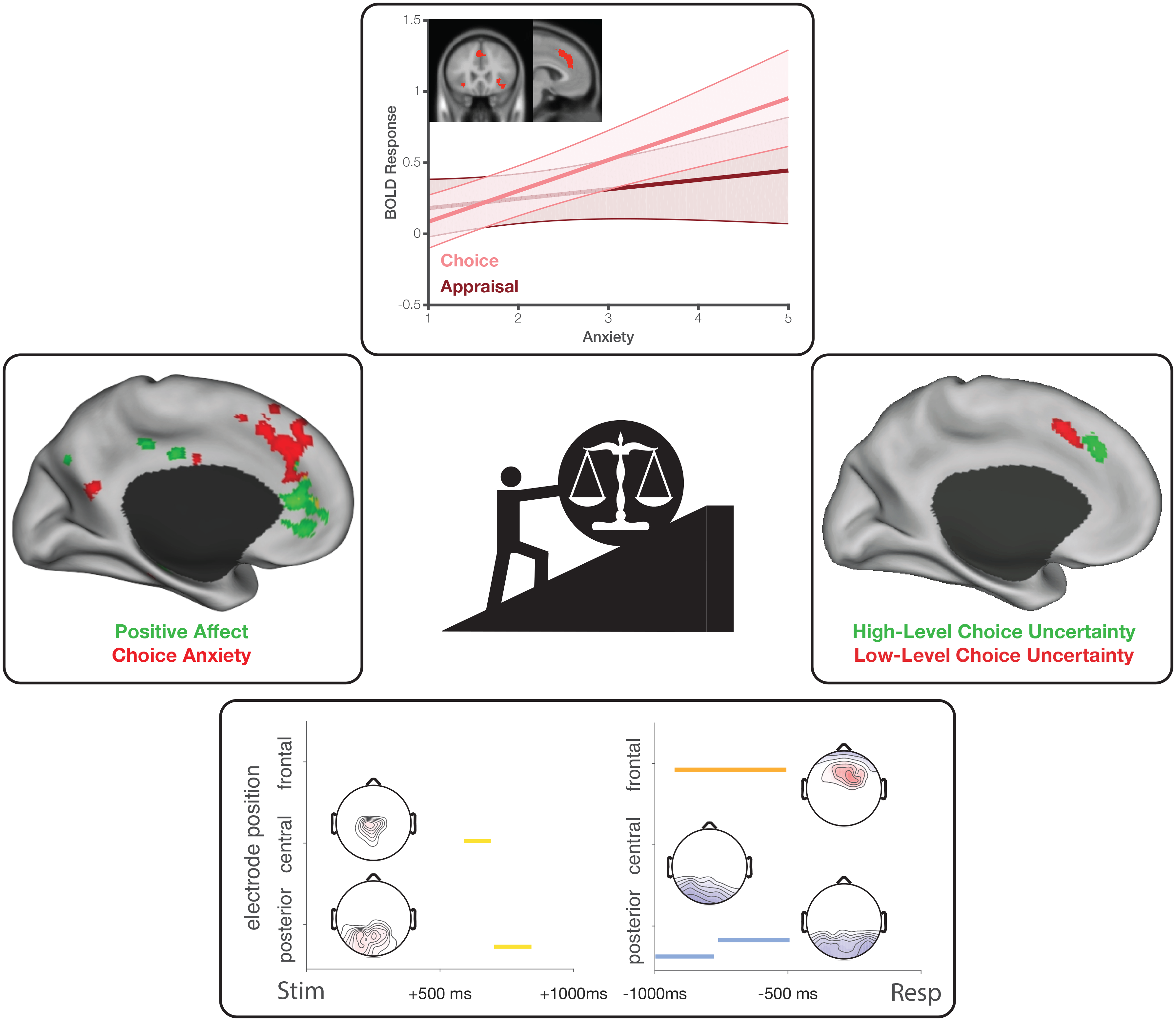
Mechanisms of cognitive interference from value-based choice conflict
Cognition and Behavior, Computational Brain Science
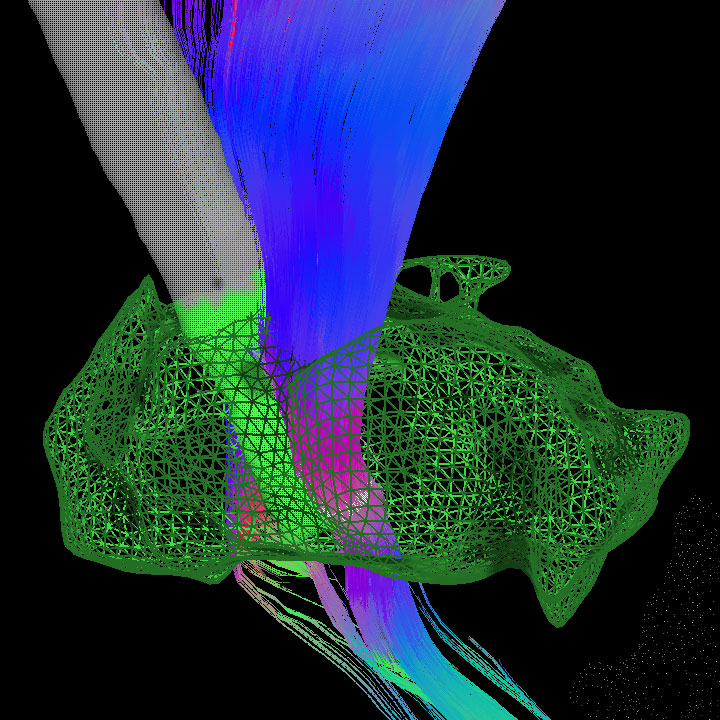
Movement disorders: Rational design of deep brain stimulation with human electrophysiology and computational neural modeling
Cognition and Behavior, Computational Brain Science, Neurobiology of Cells & Circuits, Neuroengineering and Neurotechnology
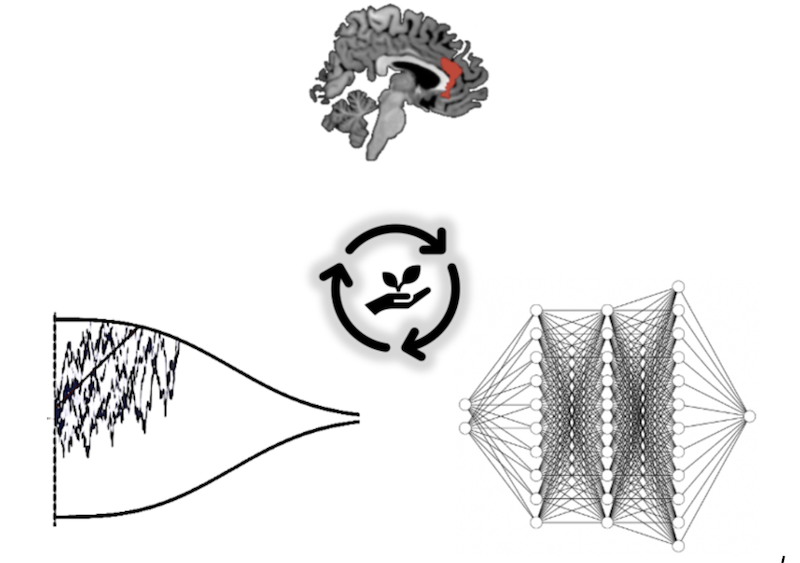
Neuro-Informed Hierarchical Models of Cognition
BRAINSTORM, Cognition and Behavior, Computational Brain Science
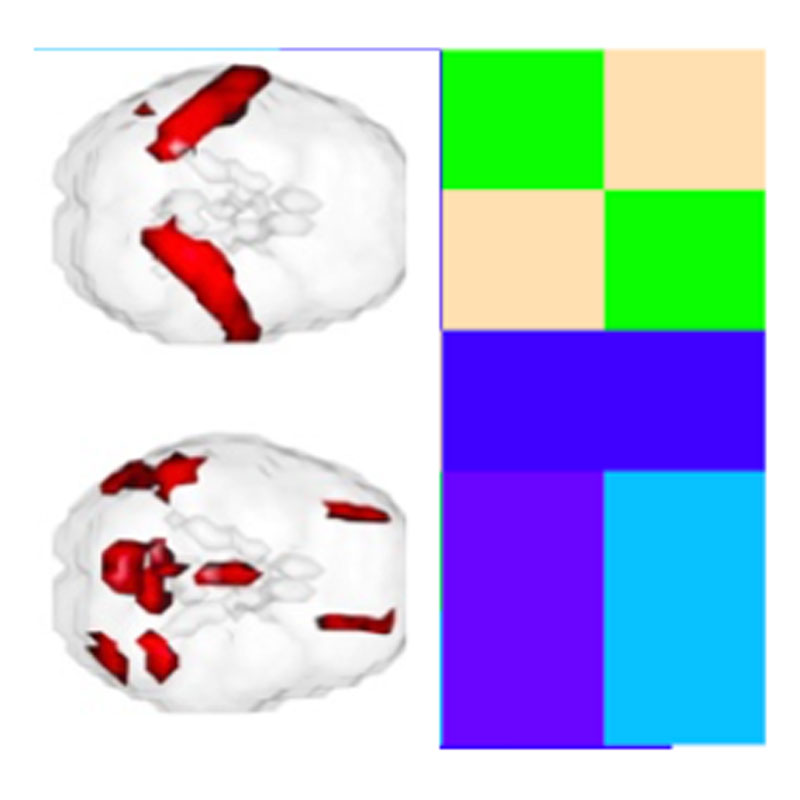
Quantitative methods for brain connectivity network estimation and inference in functional magnetic resonance imaging
Cognition and Behavior, Computational Brain Science
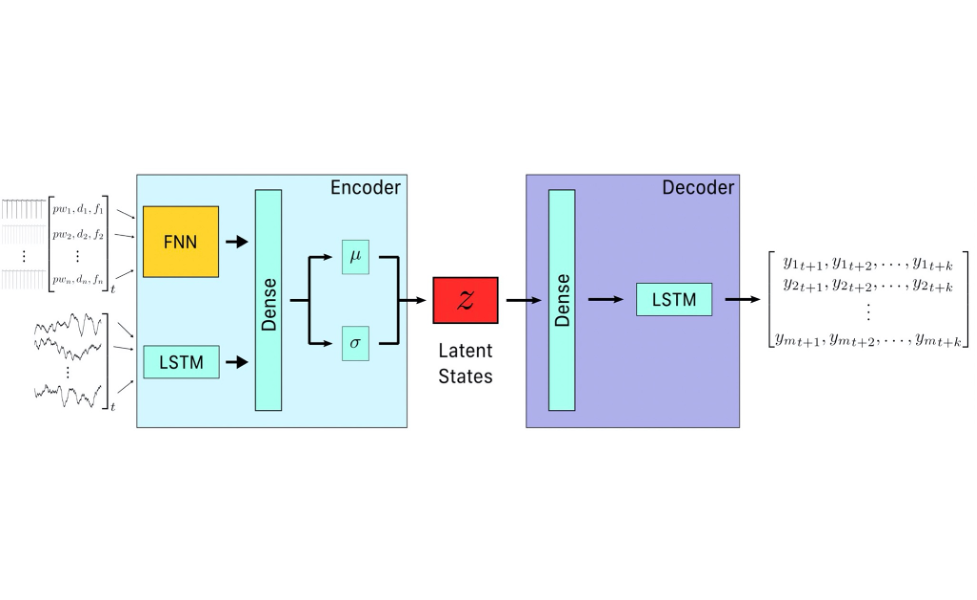
Rational design of brain stimulation for neurological and psychiatric disorders
BRAINSTORM, Cognition and Behavior, Computational Brain Science, Neurobiology of Cells & Circuits
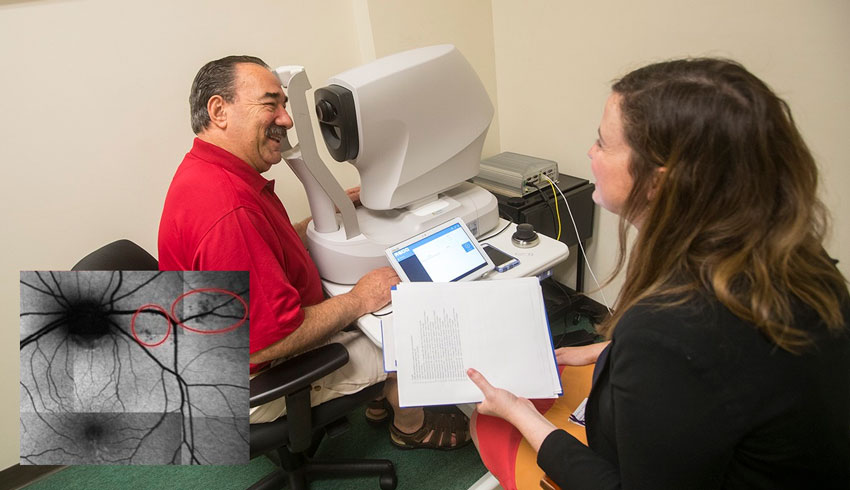
Retinal imaging: The eye as a window to the brain
Cognition and Behavior, Neurobiology of Cells & Circuits

Risk and Resilience for Alzheimer’s Disease: A 60-year prospective study
Alzheimer’s Disease, Cognition and Behavior
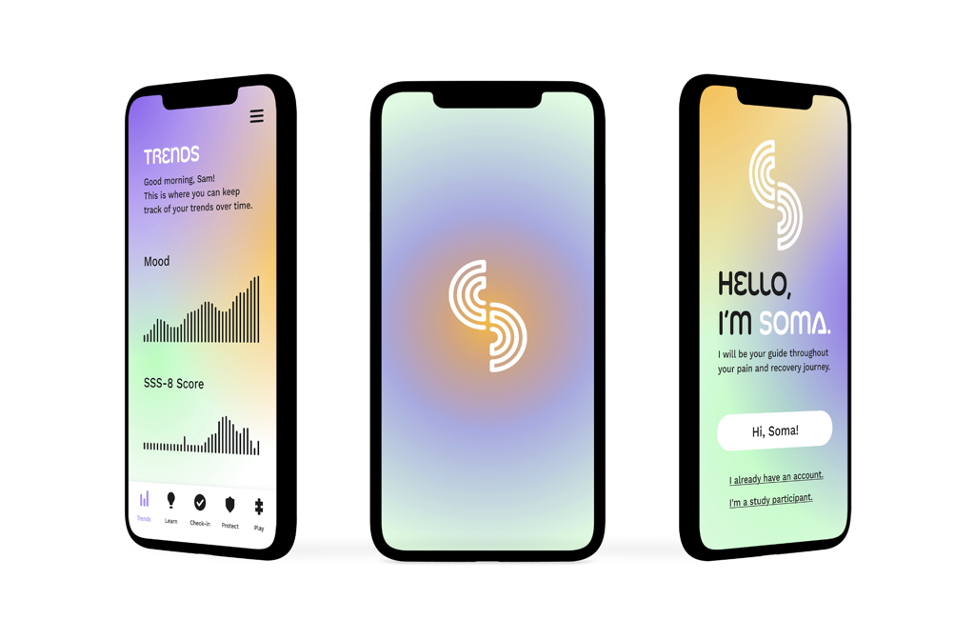
SOMA – A novel user-centric technology to tackle chronic pain
BRAINSTORM, Cognition and Behavior, Computational Brain Science

Targeting age-related inflammation to slow Alzheimer’s disease: The LINE-AD study
Alzheimer’s Disease, Cognition and Behavior, Neurobiology of Cells & Circuits
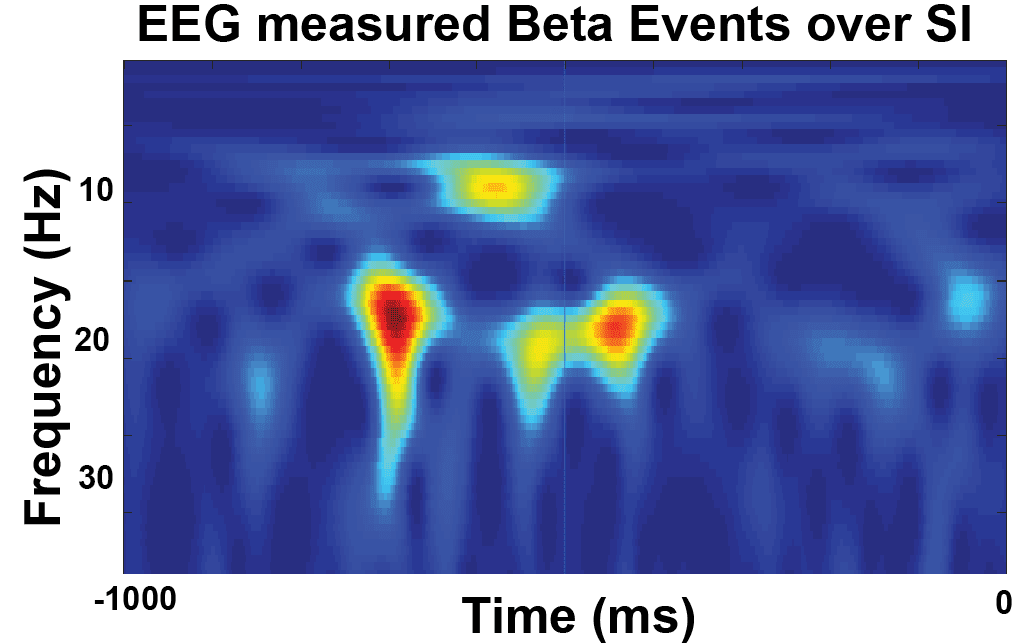
The causal role of neocortical beta events in human sensory perception
Cognition and Behavior, Computational Brain Science

The role of Microfibrillar Associated Protein 2 and Notch1 in alcohol cravings
Cognition and Behavior, Neurobiology of Cells & Circuits
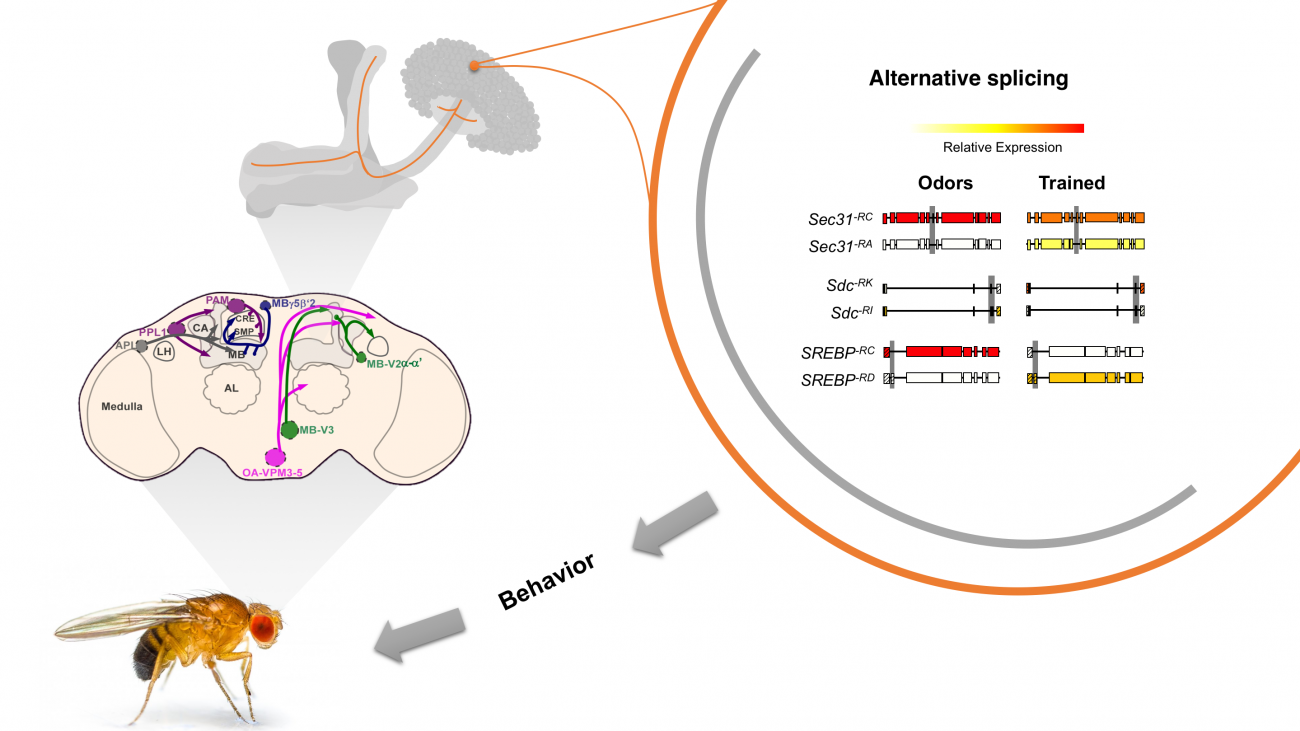
Understanding contributions of alternative splicing to appetitive memory
Cognition and Behavior, Neurobiology of Cells & Circuits

